Special News Series: Rising Up For Justice! – Kamala Harris, Biden’s VP Pick, Makes Black And Asian Representation History
Share
Explore Our Galleries
Breaking News!
Today's news and culture by Black and other reporters in the Black and mainstream media.
Ways to Support ABHM?
Introduction To This Series:
This post is one installment in an ongoing news series: a “living history” of the current national and international uprising for justice.
Today’s movement descends directly from the many earlier civil rights struggles against repeated injustices and race-based violence, including the killing of unarmed Black people. The posts in this series serve as a timeline of the uprising that began on May 26, 2020, the day after a Minneapolis police officer killed an unarmed Black man, George Floyd, by kneeling on his neck. The viral video of Floyd’s torturous suffocation brought unprecedented national awareness to the ongoing demand to truly make Black Lives Matter in this country.
The posts in this series focus on stories of the particular killings that have spurred the current uprising and on the protests taking place around the USA and across the globe. Sadly, thousands of people have lost their lives to systemic racial, gender, sexuality, judicial, and economic injustice. The few whose names are listed here represent the countless others lost before and since. Likewise, we can report but a few of the countless demonstrations for justice now taking place in our major cities, small towns, and suburbs.
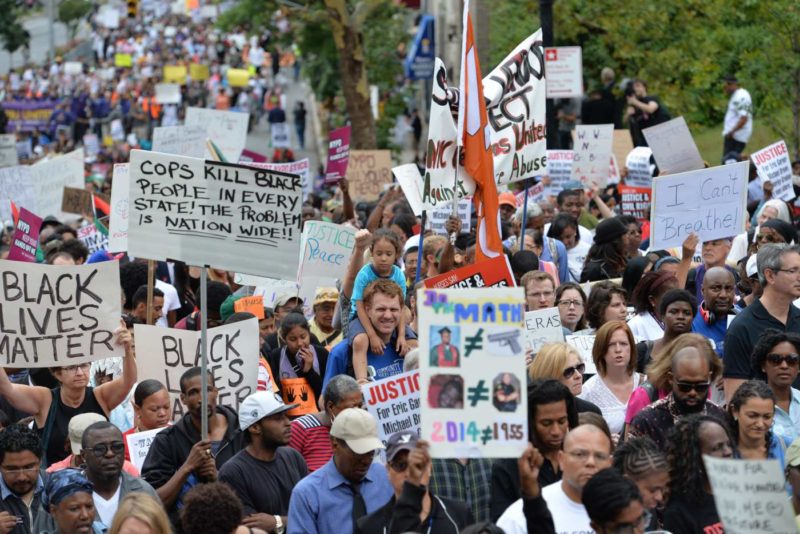
To view the entire series of Rising Up for Justice! posts, insert “rising up” in the search bar above.
Kamala Harris, Biden’s VP Pick, Makes Black And Asian Representation History
By Juanna Summers, Heard on Morning Edition – NPR
August 13, 2020
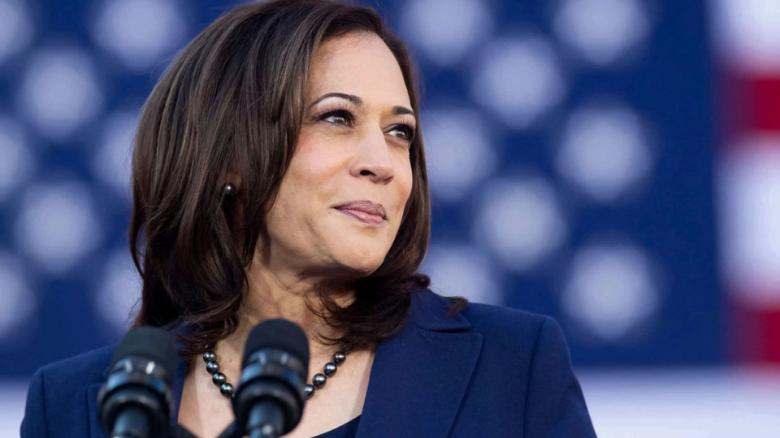
Kamala Harris appeared alongside Joe Biden for the first time as his running mate. Biden’s selection of Harris to join the Democratic ticket is important to voters of color.
Transcript
NOEL KING, HOST:
Kamala Harris is the first woman of color to run as the vice presidential candidate for a major party. Yesterday she and Joe Biden appeared together for the first time as running mates, and she talked about his comfort with and proximity to Black leaders.
(SOUNDBITE OF ARCHIVED RECORDING)
KAMALA HARRIS: And today he takes his place in the ongoing story of America’s march toward equality and justice as only – as the only – as the only who has served alongside the first Black president and has chosen the first Black woman as his running mate.
KING: NPR’s Juana Summers covers demographics and culture in the campaign. Good morning, Juana.
JUANA SUMMERS, BYLINE: Good morning.
KING: What is the context for the rise of Kamala Harris into this position?
SUMMERS: Yeah. So this is a groundbreaking decision by Joe Biden and his team. In this moment, he is elevating a woman who is the daughter of immigrants as his political partner as this country is grappling with historic systemic racism, police brutality and social inequities as well as representation among women with the #MeToo movement.
We’d known for months now that Biden had publicly committed to picking a woman as his running mate, but Biden then found himself under persistent public pressure to not just pick a woman but to pick a Black woman. And that was pressure that came from Black women who have worked within the party and supported Democrats. They wrote op-eds, open letters. They gave interviews. And in those, they argued that Biden’s path to the White House relied on Black women and that a Black woman must be on this ticket. And as the political atmosphere in this country after the killing of George Floyd in Minneapolis seemed to intensify, those calls only got louder.
LATOSHA BROWN: For whatever reason, it takes a long time for America to hear Black women.
SUMMERS: That’s LaTosha Brown, a co-founder of Black Voters Matter. She’s one of the women behind an open letter to Biden back in April that urged him to pick a Black woman.
BROWN: In this moment, we thought it was critical that this is the time, this is the moment for a Black woman. I think it’s going to show itself to be, we were right. I think it’s showing himself already that we are right – that the campaign has taken on a whole nother level of energy right now.
SUMMERS: Yesterday, Harris talked about her family.
(SOUNDBITE OF ARCHIVED RECORDING)
HARRIS: And you know, my mother and father, they came from opposite sides of the world to arrive in America, one from India and the other from Jamaica, in search of a world-class education. But what brought them together was the civil rights movement of the 1960s.
SUMMERS: Harris was raised in Oakland and Berkeley, Calif., before attending Howard University, one of the country’s historically Black colleges. She’s now making history on two fronts – the first Black woman and first person of South Asian descent to rise to one of the highest levels of the nation’s politics. Neil Makhija is the executive director of Impact, an advocacy group for Indian American candidates.
NEIL MAKHIJA: Of course she is the first Black woman to have achieved this position or will achieve this position and the first South Asian who could be the next vice president of the United States. And I think, generally, immigrant communities and communities of color and women are immensely proud to be seeing her name in the news today and reading her story and to have this chance to also hear our story in the process.
SUMMERS: Mythili Sampathkumar is a freelance journalist who’s on the board of the South Asian Journalists Association. She said her parents sent her a message saying that they were proud that a South Indian woman was getting her due. Her own feelings have been complex.
MYTHILI SAMPATHKUMAR: My first thoughts were a mix of pride and anxiety. I’m proud that someone Indian American and who happens to also be half Tamil, like me, is in this position of national prominence and could be in the White House at some point during my lifetime.
SUMMERS: But she also made clear that the Indian American community is not a monolith.
SAMPATHKUMAR: There is a lot of pride in the community from a lot of people, but there are also differences because of her political positions on things like criminal justice reform and Israel, just to name a few.
SUMMERS: Many of those who were moved by Biden’s selection of Harris to serve on the Democratic ticket also say they know the types of challenges that Harris, one of the nation’s most ascendant women of color, will face, particularly in a campaign against a president who has demeaned political opponents with racist and sexist attacks.
Glynda Carr is the president of Higher Heights for America, a group focused on increasing the political power of Black women. She says she’s prepared to confront those attacks as well as misinformation.
GLYNDA CARR: At the end of the day, though, the more negative and attacks on Senator Harris happening, people are going to recognize how Black women protect Black women.
KING: There were some great insights in that piece, Juana, including the fact that there are people who simply do not trust Kamala Harris because she had a career in law enforcement. How is she responding to that?
SUMMERS: Yeah, that’s right. That’s something that she’s certainly gotten questions about over her record as district attorney of San Francisco and attorney general of California. These were questions she got during her own primary campaign. What I’ve been really interested in watching is what Kamala Harris has done since her own campaign ended in December. She turned her attention back to the Senate. And in this wave of nationwide protests against racism and brutality, she marched alongside protesters. She championed proposals to overhaul policing and to make lynching a federal crime. And even yesterday as I was listening to her speak, you heard her affirmatively say in her first remarks as Joe Biden’s running mate that Black lives matter.
KING: Yeah, she’s going on the offensive. And lastly, what is President Trump saying about Harris appearing on the ticket?
SUMMERS: Yeah. So I think the Trump campaign is still figuring out how to define her. But one of the first reactions we heard from the president was to turn to a familiar insult. He dismissed her as nasty, something he’s said about men and women throughout his political career. Now, of course, an attack like that lands – and the connotation behind it’s a little different when you’re talking about a woman and particularly, in Harris’ case, a woman of color.
KING: NPR’s Juana Summers. Thanks so much for your reporting, Juana.
SUMMERS: Thank you.
Hear the interview here.
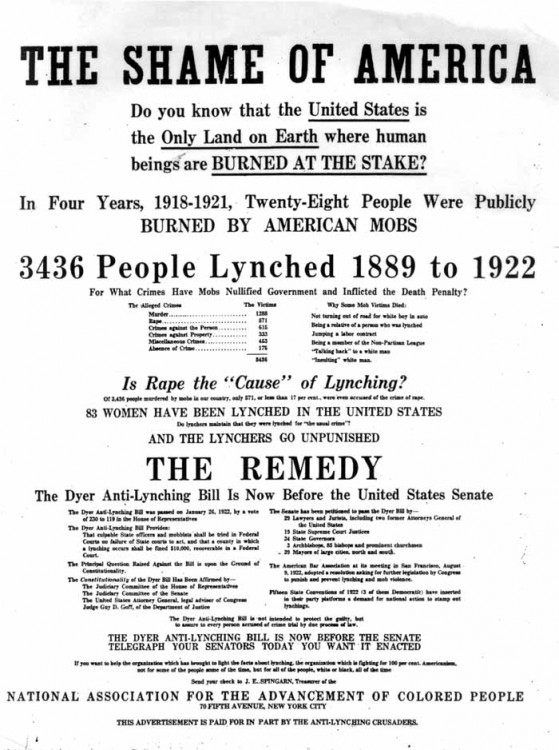
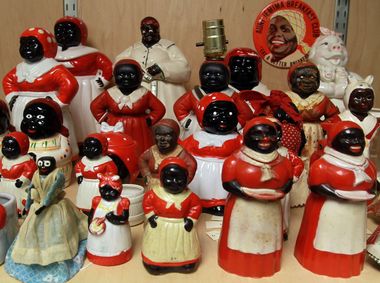
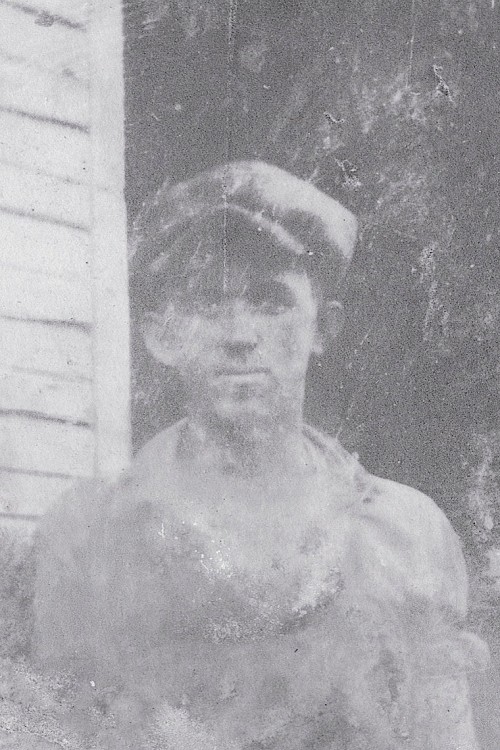
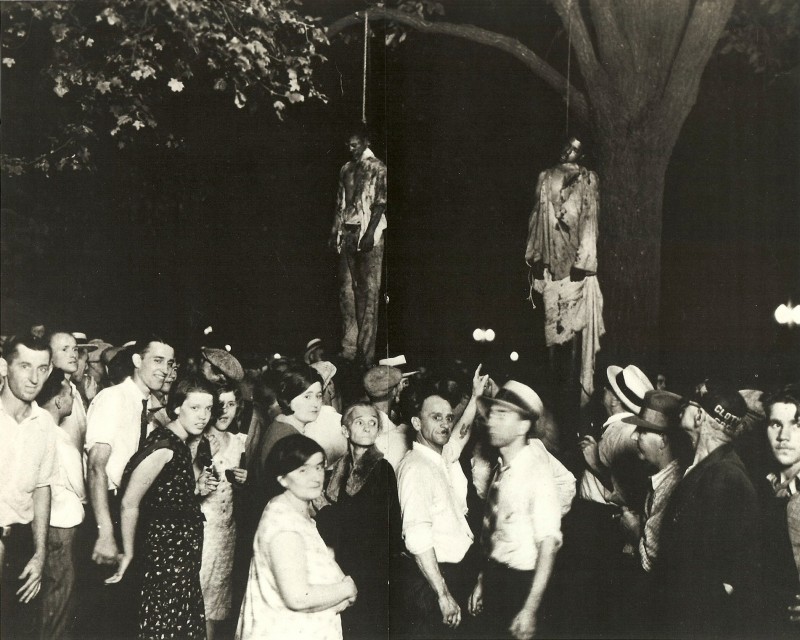
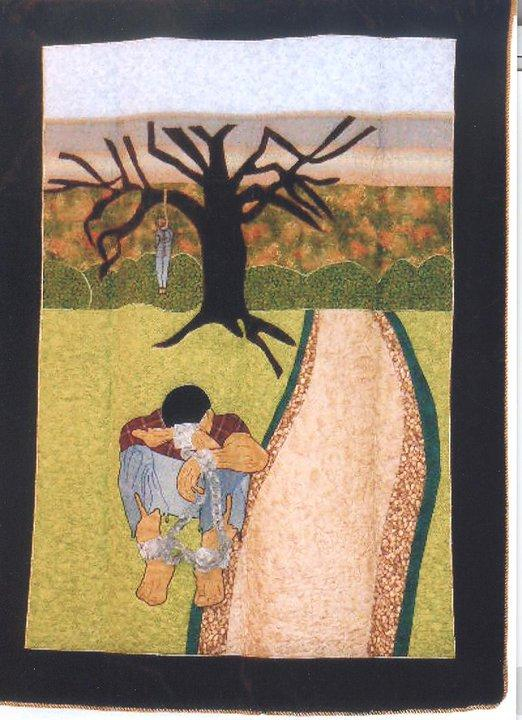

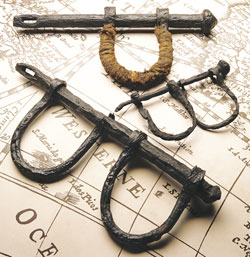


Comments Are Welcome
Note: We moderate submissions in order to create a space for meaningful dialogue, a space where museum visitors – adults and youth –– can exchange informed, thoughtful, and relevant comments that add value to our exhibits.
Racial slurs, personal attacks, obscenity, profanity, and SHOUTING do not meet the above standard. Such comments are posted in the exhibit Hateful Speech. Commercial promotions, impersonations, and incoherent comments likewise fail to meet our goals, so will not be posted. Submissions longer than 120 words will be shortened.
See our full Comments Policy here.